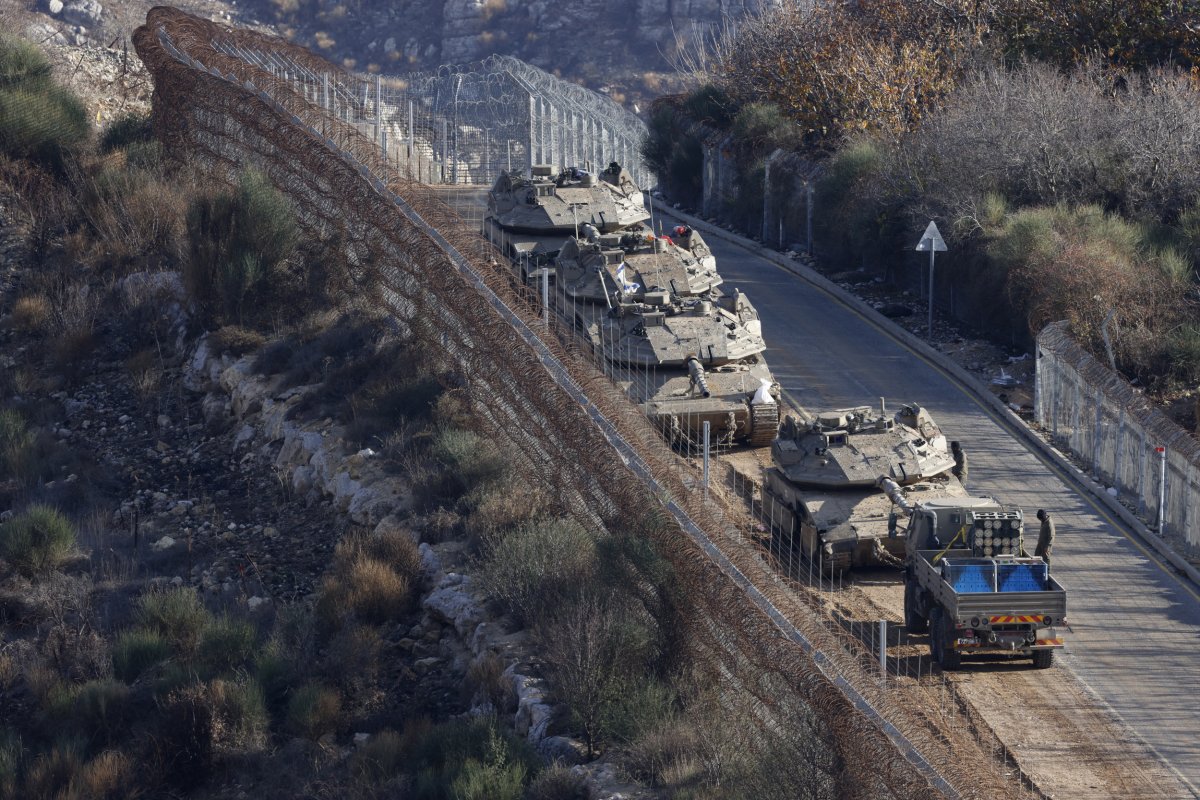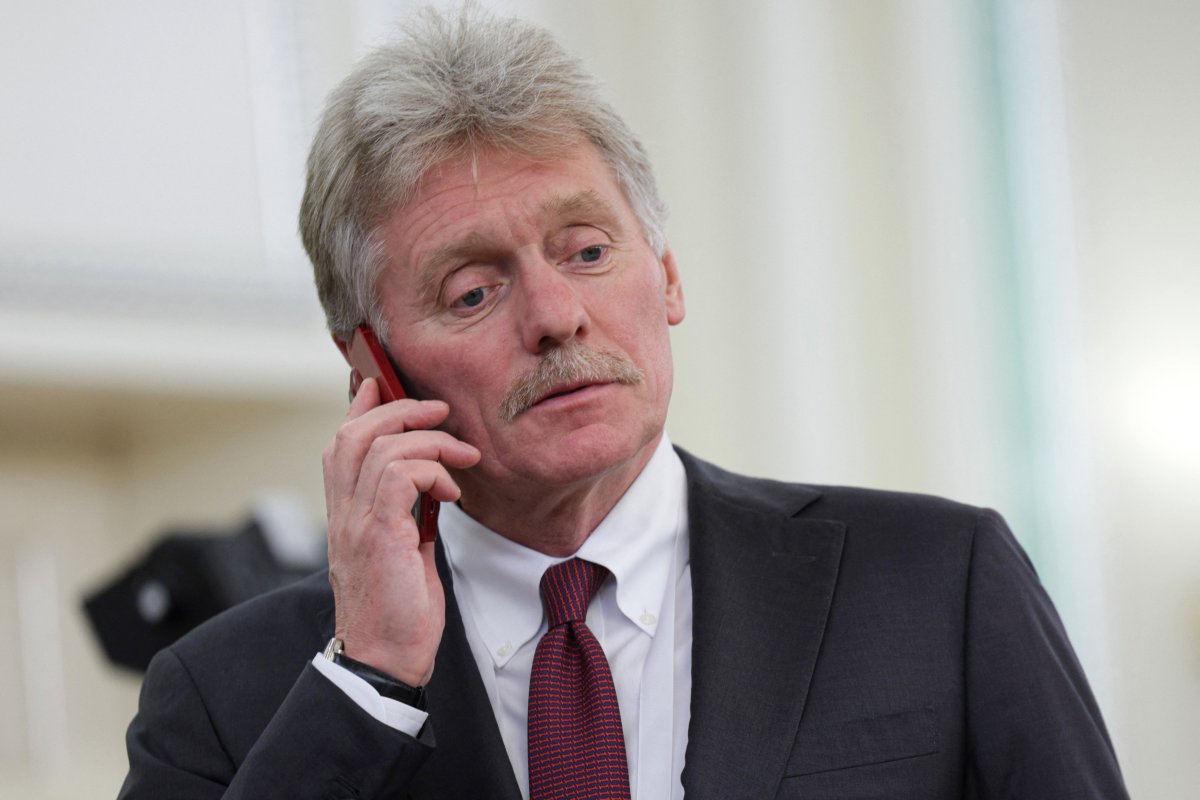Syria’s chemical weapons are under scrutiny after rebel forces ousted President Bashar al-Assad in Damascus, sparking fears of toxic materials falling into extremist hands.
The Organisation for the Prohibition of Chemical Weapons (OPCW) has reminded Syria of its international obligations to secure these weapons.
The OPCW announced Monday it is “monitoring closely the recent developments in Syria, with special attention to the status of its chemical weapons-related sites and other locations of interest.”
The organization has also reached out to Syria’s embassy in The Hague for assurances regarding compliance with the Chemical Weapons Convention.
“To date, this work has continued, and the Syrian declaration of its chemical weapons programme still cannot be considered as accurate and complete,” the OPCW statement said.

RAMI AL SAYED/AFP via Getty Images
Syria’s ‘Potentially Undeclared’ Chemical Weapons
Prime Minister Mohammed Ghazi Jalali, who remains in office, confirmed that most ministers are still operating in Damascus.
He did not address concerns about the chemical stockpile, whose location and condition remain unclear. Syria’s chemical arsenal, including sarin and chlorine-based weapons, has drawn international condemnation since it was linked to attacks during the earlier stages of the country’s civil war.
The worst incident killed over 1,400 people in Ghouta, near the capital.
Syria declared 1,300 tons of banned chemical weapons after joining the OPCW in 2013. This was all destroyed, but weapons inspectors have since found evidence that contravenes the 1997 Chemical Weapons Convention supervised by the OPCW.
Assad’s government saw 28 chemical weapon inspections across 24 years.
In this time the OPCW’s reason to believe in the existence of undisclosed weapons has only grown––the most recent assessment saw “potentially undeclared full-scale development and production of chemical weapons at two declared chemical weapons-related facilities,” said OPCW chief Fernando Arias in November.

JALAA MAREY/AFP via Getty Images
Extremist Acquisition of Weapons Prevented, Says Israel
Israel has conducted airstrikes on suspected chemical weapons sites and long-range rocket facilities to prevent their acquisition by “extremists.”
“Since the initial hours after the announcement of the fall of the former regime, Israel began launching intensive air strikes, deliberately destroying weapons and ammunitions depots,” UK-based monitoring group The Syrian Observatory for Human Rights (SOHR) said.
Israel’s foreign minister Gideon Saar on Monday said, “The only interest we have is the security of Israel and its citizens.”
“That’s why we attacked strategic weapons systems, like, for example, remaining chemical weapons, or long-range missiles and rockets, in order that they will not fall in the hands of extremists.”

GAVRIIL GRIGOROV/POOL/AFP via Getty Images
Russia Grants Assad Political Asylum
Meanwhile, Assad has sought political asylum in Russia.
Kremlin spokesperson Dmitry Peskov confirmed the arrangement but declined to comment on Assad’s location or any planned meeting with Russian President Vladimir Putin. Assad’s removal from power has created a political vacuum, with rebel leader Ahmad al-Sharaa—formerly known as Abu Mohammed al-Golani—emerging as a key figure.
Assad has not made a public appearance since meeting with Iran’s foreign minister in Damascus last week, where he pledged to “crush” the advancing rebels. Since then, forces led by former al-Qaeda commander Abu Mohammed al-Jawlani, now heading the militant group Hayat Tahrir al-Sham, have seized control of the capital and much of Assad’s remaining territory.
This article includes reporting from The Associated Press
